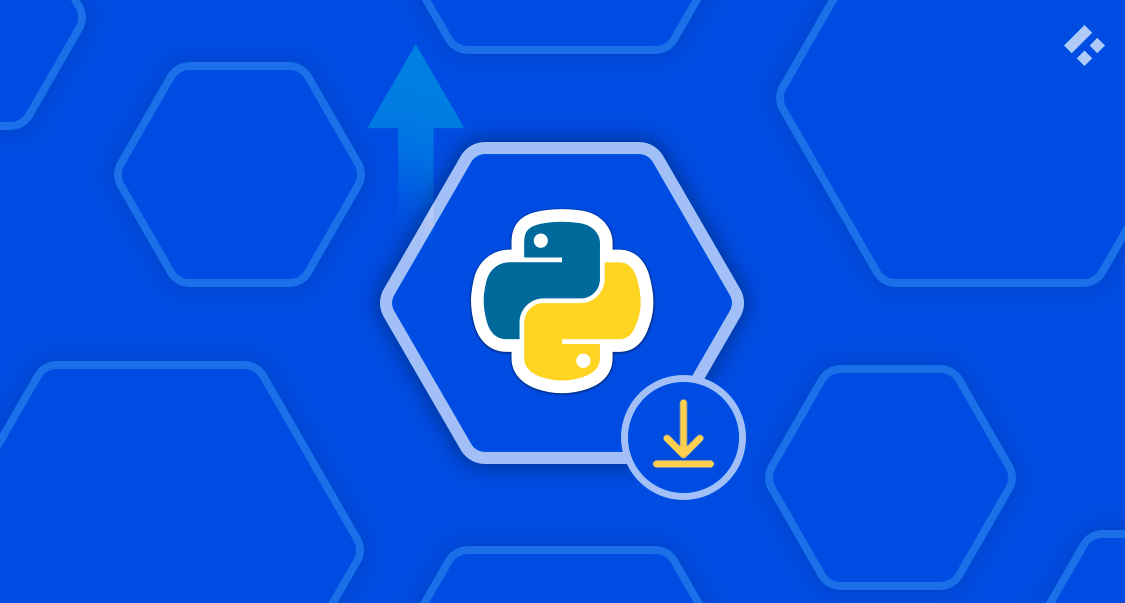Cloud APIs power the development of cloud-based hardware and software. And these tools ultimately uphold the integrity of modern technology today.
APIs and cloud technology are both relatively new emerging technologies. Though they’ve been around for only a couple of decades, their potential is unprecedented. By working in unison, there’s no doubt that cloud APIs can be and already are a great asset for many businesses.
Cloud APIs play an integral part in building, using, and maintaining software. Take a closer look below to learn more about cloud APIs!
Are you ready to start your development project?
We have the developers you need to take your development project in the right direction.
Companies are proven to grow their business faster with Trio.
What Are Cloud APIs?
Before diving headfirst into the definition of cloud APIs, you should first understand what APIs are in general.
First and foremost, API stands for application programming interface. Interfaces foster communication.
For example, a user interface (UI) is a graphical component that permits users to have a visual representation of whatever software they’re working with.
Though the communication in this example is not verbal, the interface in question eases navigation for sighted users.
If you can see this website, for instance, you’re communicating with its content via a user interface.
In contrast, an application programming interface stimulates communication between applications. Or in other words, APIs empower distinct software platforms to interact with one another.
This is how Alexa has free use of your Spotify playlist. And how your mindless search for “weather” can pull information right from AccuWeather to a Google snippet on your screen.
These connections are called API integrations. Cloud APIs simply reference integrations that happen in the cloud. Cloud APIs connect and are used to build cloud-based applications.
In general, cloud technology yields advantages to both businesses and individuals. Consumers gain increased accessibility and organizations save costs.
As a result, cloud computing is a hundred-billion-dollar industry with much to offer.
Types of Cloud APIs
There are several cloud services, but many of these fall under three primary categories:
- Platform-as-a-Service (PaaS)
- Software-as-a-Service (SaaS)
- Infrastructure-as-a-Service (IaaS)
It’s important to note that there is also a distinction between vendor-specific cloud APIs and cross-platform APIs.
Here’s a quick review of the various ways in which you can categorize cloud APIs.
PaaS
PaaS is a model of cloud computing that extends users hardware and software tools over the internet. A popular use of PaaS cloud APIs is to provide functionality for cloud environments.
Google App Engine and Microsoft Azure are two prominent PaaS tools for building applications on the cloud.
SaaS
It’s likely that you’re more familiar with SaaS than you know. When it comes to software as a service, this includes any cloud-based application you’re using on the web. Some well-known cloud applications are Dropbox and Google Drive.
In practice, SaaS cloud APIs connect applications to the cloud and to any information technology (IT) infrastructure that plays a part in running the application.
IaaS
On the infrastructure level, cloud APIs get a bit more complicated. Infrastructure that exists on the cloud usually takes the place of in-house data centers and servers.
The physical counterpart of such equipment is often costly to rent and time-consuming to set up and maintain.
Thus, IaaS cloud APIs aid in the distribution of cloud resources as well as network configurations and virtual machine management.
Vendor-Specific vs. Cross-Platform
Another way to distinguish between cloud APIs is by determining whether they are vendor-specific — that is, relating to a cloud provider — or cross-platform.

Vendor-Specific APIs
Vendor-specific APIs only support the service of a unique cloud provider. For instance, the Microsoft Azure REST API works singularly with the Azure public cloud.
Sometimes vendor-specific cloud APIs are synonymous with internal or private APIs. These APIs are exclusive to the companies that deploy them and do not have public availability.
Cross-Platform APIs
Cross-platform APIs are typically open or external APIs. They engender functionality between two or more cloud providers.
These types of APIs utilize the same commands as parameters. Unfortunately, the result can be limited functionality, choosing many to opt for vendor-specific APIs.
Top Cloud API Examples
To better demonstrate how exactly cloud APIs are useful, note the following API examples.

Simple Cloud API
Simple Cloud is a cross-platform cloud API. Developed by Zend Technologies, this API serves PHP applications hosted on the cloud. To put it simply, through the Simple Cloud API, users access cloud services written in PHP.
Apache Libcloud API
Apache LibCloud is a technically complex cloud API that abstracts the differences between cloud providers, uniting them in consequence.
LibCloud API presents as a Python library that permits cloud resources to work together.
Amazon Web Services API
Amazon Web Services (AWS) is a subsidiary of Amazon which supplies a plethora of cloud resources from virtual computers to APIs.
While there is no central AWS API, the Amazon API Gateway is sufficient for generating and managing APIs that can integrate with AWS and other web services.
HubSpot API
HubSpot is a fully featured marketing platform that aims to help businesses grow faster and better.
Developers employ the HubSpot API to create custom integrations allowing HubSpot to work with other relevant apps like Zoom or Mailchimp.
Box API
Box is built for businesses. Its premier service is cloud content management and file sharing.
The Box API authorizes developers to manage and interact with their Box files. They can also use the Box API to layer Box’s content management system in the related applications.

Elevate Your Team with Trio AI Talent
Empower Your Projects with Trio’s Elite Tech Teams
Why Your Business Needs Cloud APIs
After absorbing all this technical information, it might not be expressly clear just how cloud APIs are going to help your business. But the reality is that cloud APIs help every business.
As an illustration, APIs are central to data integration. Data integration is critical to business operations. No matter if it’s connecting marketing tools or automating daily processes, data integration is at the crux of it all.
Trio Senior Back-End Developers are experts in data integration, including cloud APIs. Talk to Trio today to find out how cloud APIs can help your business!







